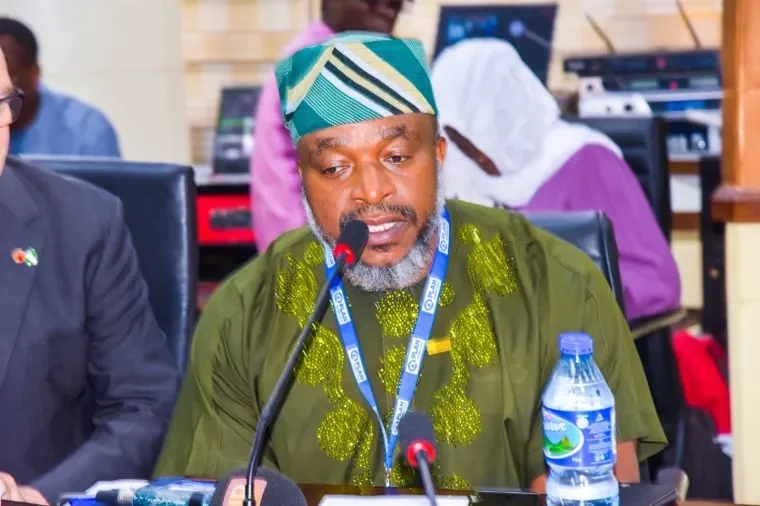The Nigerian Federal Government, working closely with the European Union, has launched a steering committee to manage a €40 million program aimed at transforming education and empowering youth in the Northwest.
Held on Thursday, this initiative focuses on Jigawa, Kano, and Sokoto states, addressing critical gaps like children missing school, teacher shortages, and skill deficits among young people.
By fostering safer learning environments and inclusive opportunities, the program promises to uplift vulnerable communities in a region hit hard by challenges.
Key Program Goals and Reach
At its core, the effort targets reducing the alarming number of out-of-school children, estimated at 20 million nationwide, with a heavy concentration in the Northwest. Insecurity, poverty, and poor infrastructure have worsened the crisis, leaving many kids without access to basics.
The program prioritizes early education, integrating nomadic and religious schooling systems like Quranic centers. While secondary levels were discussed, the emphasis stays on foundational learning to build strong starts.
Youth skills training will equip participants with practical abilities for employment, promoting economic independence and regional stability.
Implementation involves key partners: UNICEF, Plan International, DIME, and direct technical support to the education ministry.
This collaborative approach ensures resources reach grassroots levels, creating hybrid centers that blend faith-based and standard curricula.
Early results are expected, with World Bank oversight to measure impacts on enrollment, literacy, and overall system strength.
Steering Committee Setup
Leading the charge is the National Programme Steering Committee, chaired by Education Minister Dr. Tunji Alausa and co-chaired by Budget and Economic Planning Minister Atiku Bagudu. Annual meetings will set strategic directions, while an EU technical team runs the secretariat for smooth operations.
Quarterly reviews will keep tabs on milestones, ensuring accountability and quick adjustments. This structure bridges federal oversight with state-level execution, integrating outcomes into national policies for sustained progress.
Voices from the Inauguration
The Abuja event highlighted strong partnerships. Federal Ministry of Education Permanent Secretary Abel Enitan, via representative Dr. Usman Ejeh, lauded the EU’s role in enhancing access, equity, and resilience.
“This project tackles core issues head-on, from teacher empowerment to safe spaces,” he said. He called for unified efforts across government tiers and partners, stressing that every euro must deliver measurable gains like better test scores, trained educators, and inclusive systems leaving no child behind.
EU’s Leila Ben Amor Mathieu called it their flagship education venture in Nigeria, aligned with local needs. With €800 million committed for 2021-2027 national efforts, plus regional add-ons, the EU reaffirms its alliance.
“We’re starting to see deliverables now,” she noted, optimistic about closing basic education gaps.
UNICEF’s Vanessa Lee deemed it timely for reforms, aiding digital data shifts, funding boosts, and dropout reductions via innovative centers.
Focus areas include literacy scaling, numeracy foundations, and play-based teacher development.
Plan International’s Dr. Charles Usie hailed the hope it brings to street children, while Save the Children’s Duncan Harvey stressed universal rights to quality basics, irrespective of barriers.
Broader Impact and Challenges Ahead
Northwest Nigeria’s education woes demand urgent action. Beyond numbers, the program builds resilience against socioeconomic hurdles, potentially inspiring nationwide models.
As rollout begins, stakeholders eye transformative shifts: more kids in class, skilled youth contributing to society, and a fortified sector. Success hinges on collaboration, turning investments into lasting equity.
Epstein Victim Sues Bank of America for Alleged Role in Trafficking






